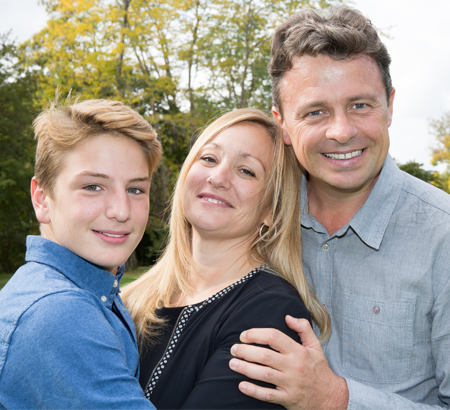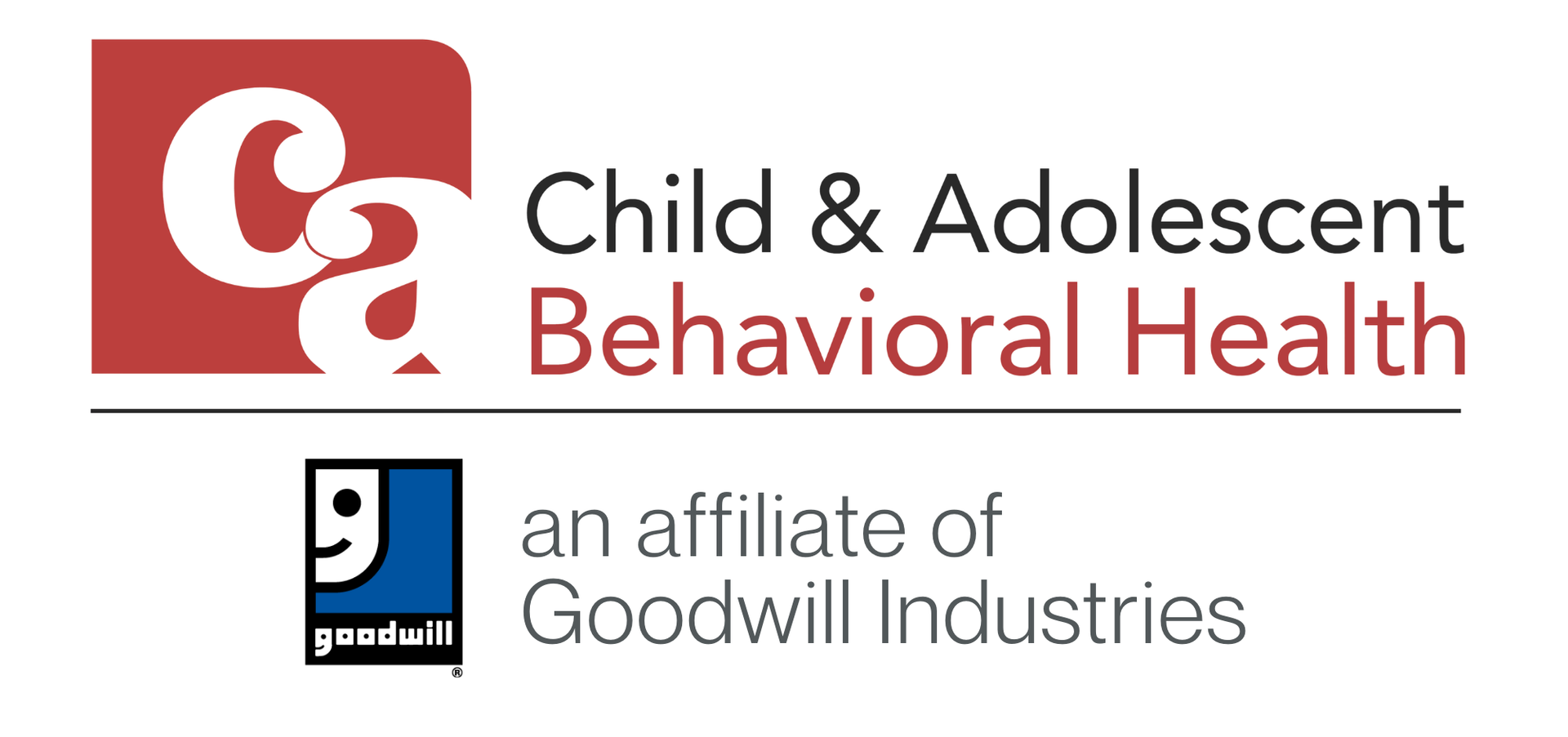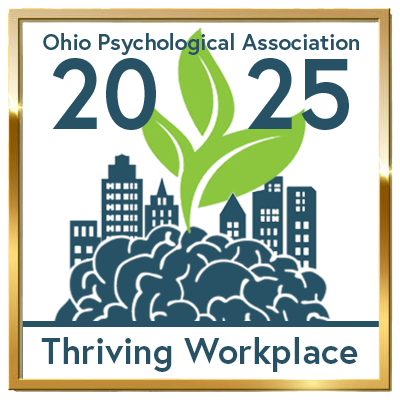MULTI-SYSTEMIC THERAPY
PROGRAM OVERVIEW
MST is an evidence based therapeutic program that empowers youth (aged 12-17) and their families to function responsibly over the long term.
MST reduces delinquent and antisocial behavior by addressing the core causes of such conduct and views the client within a network of systems including their family, peers, school and neighborhood.
More than 70 published studies have shown that MST has been:
- 91% successful with youth living at home
- 86% successful with youth in school or working
- 87% successful in preventing juvenile arrests

MST is defined by its unique delivery method in the natural environment of the youth and their family. Visits can be made to the home, school, or community, depending on what needs accomplished. The treatment is not cookie cutter. It is specifically tailored to the strengths and needs of each individual youth and family.
Using a family and home-based approach, the likelihood that families will stay in treatment is increased. This approach means families are provided with intensive services helping them maintain the benefits of treatment.
C&A’s MST therapists are responsible for engaging the family and other key participants, including mandated agencies, in the treatment process. Individual therapist will only have five cases at a time to ensure they are able to provide the families with as much attention as they need and deserve.
Our motto is “whatever it takes.” Therapists truly adopt this attitude to get the necessary parties on board with treatment goals and plans. Therapists are on call 24 hours a day, seven days a week.
All therapists are evaluated and held accountable for achieving positive case outcomes.
Cases are reviewed weekly by the therapist, their supervisor and their MST expert to ensure adherence to the nine MST treatment principles and the MST analytical process.
Sessions are often scheduled outside of regular work hours and as frequently as necessary to achieve observable and measurable changes.
ROLE OF THERAPIST

PROGRAM GOALS
The goals of MST include:
- Providing parents with the skills and resources they need to meet the challenges of raising teenagers.
- Giving youth the skills to cope with family, school and neighborhood
Evidence-based techniques used in MST include cognitive behavior therapy (CBT) and pragmatic family therapies. To ensure that the benefits of MST therapy continue after the therapist team leaves, family and community resources that support long- term behavioral changes are mobilized.
MST interventions aim to:
- Improve how the caregiver disciplines
- Enhance family relations
- Decrease a youth’s association with negative peers
- Increase a youth’s association with pro-social peers
- Improve a youth’s school or vocational performance
- Engage youth in positive recreational outlets
- Develop a natural support network of extended family, neighbors and friends to help caregivers achieve and maintain changes.
MEET THE TEAM

LaMonda Carter
LSW

Leah Fenner
LPC

Medina County
Therapist Not Listed

Amber Nickol
LSW




